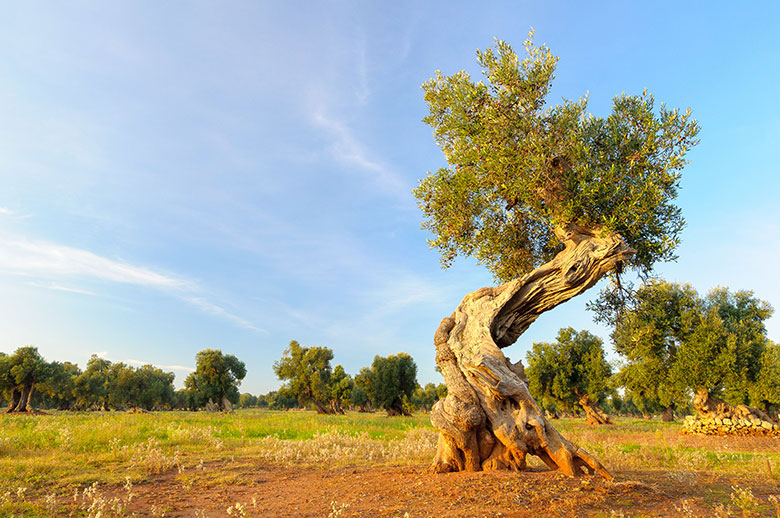The IOC celebrates World Olive Day on 26 November every year.
To promote this important event, the Executive Secretariat works with and provides support for delegations from member countries, representatives from the sector, local authorities, observatories and members of the diplomatic corps from countries that have signed the International Agreement on Olive Oil and Table Olives 2015.
In 2019, 26 November was officially recognized as World Olive Day by UNESCO, the United Nations Educational, Scientific and Cultural Organization.
The proposal was presented by Lebanon and Tunisia and the UNESCO Executive Committee discussed it at length during its 206th session (document 206 EX/41). The aim is to protect the olive tree and promote the values of peace, wisdom and harmony that it symbolises.
In her comments, the Director General of UNESCO welcomed the initiative and, as protecting cultural and natural heritage, including cultural landscapes, is at the heart of UNESCO’s mandate, she encouraged member states to celebrate World Olive Day and promote heritage protection and environmental sustainability. She said activities to celebrate World Olive Day should be funded and implemented by member states, with the support of the Secretariat, to promote the day as much as possible within their respective means.
After examining documents 206 EX/41 and 206 EX/DG.INF, UNESCO’s Executive Board decided to approve the proposal, include this item on the agenda of the 40th session of the General Conference and recommend that the General Conference adopt a resolution proclaiming 26 November as World Olive Day.
The motion was unanimously adopted on 26 November 2019: World Olive Day finally received its official recognition and can be celebrated all over the world.
A simple but solemn homage to the olive tree, this declaration appeals to governments and institutions all over the world to choose the olive tree as protector of our planet.
This declaration highlights the role of olive growing in sustainable economic and social development, but also as a key weapon in the fight against climate change. The message is clear: choose olives to protect our planet and our health.
Founded in 1959, the International Olive Council currently unites 94% of olive oil and table olive producing countries.
As the only institutional forum for the global olive oil industry, its main missions are: to harmonise national and international regulations to ensure better product quality control and consumer protection; to coordinate and disseminate information related to studies on the nutritional properties of olive oil and table olives; to promote cooperation and research and study the impact of olive growing on the environment; to publish information and statistics on the world olive oil and table olive markets; and to promote the consumption and expansion of international trade in olive products.
The olive tree, with its roots in the Mediterranean, is a universal symbol of peace and harmony. Growing across five continents, olives provide jobs, security and natural resources to rural communities around the world.
As an agent against global warming, olive trees have a positive carbon balance – they take more CO2 out of the atmosphere than is emitted during the olive oil production process.
Olive oil and table olives are a proven source of nutrition, and key ingredients in the Mediterranean diet. They offer a wide variety of aromas and flavours and enhance a unique cuisine that is gaining interest from renowned chefs around the world. The ability of their multiple medicinal and nutritional properties to prevent certain diseases is now widely recognised.
Towards the end of 2020, IOC member countries account for 90% of olive oil and table olive exports, 70% of consumption and 95% of total world production. A fine achievement after more than 60 years of working towards a better world.


